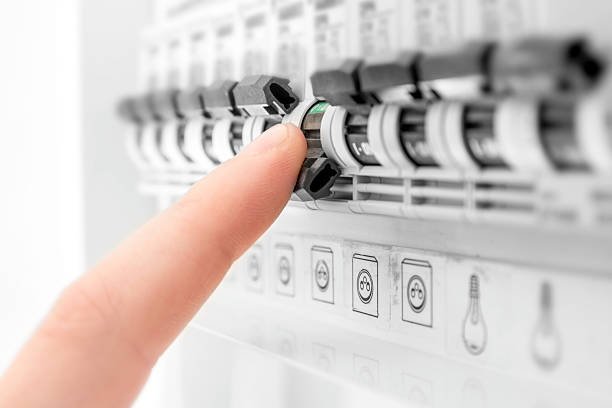Circuit breakers are essential components of any electrical system as they help protect against electrical overload and short circuits. If you need to replace a worn-out circuit breaker or install a new one to accommodate increased power usage, it’s essential to ensure that you select the appropriate circuit breaker for your requirements.
Before purchasing a circuit breaker, it is important to consider several factors to ensure that it is suitable for your specific needs and that it will function safely and effectively. These factors include the current rating, voltage rating, type of circuit breaker, interrupting rating, brand and quality, size and compatibility, as well as price and warranty. Taking the time to carefully evaluate these factors will help ensure that you choose the right circuit breaker for your electrical system, which is crucial for maintaining safety and preventing damage to your equipment.
Here are some key things to consider before purchasing a circuit breaker:
-
Current Rating:
The current rating is the amount of current that your circuit needs. You need to choose a circuit breaker with a current rating that matches or exceeds the current required by your circuit. Choosing a circuit breaker with a current rating that is too low can result in it tripping frequently, while selecting one with a higher current rating than necessary can be hazardous and increase the risk of electrical fires.
-
Voltage Rating:
The voltage rating of a circuit breaker is the maximum voltage it can handle. Ensure that the circuit breaker’s voltage rating matches the voltage of the electrical system it uses. Using a circuit breaker with a voltage rating that is too low can damage the circuit breaker and equipment while using one with a voltage rating that is too high can be dangerous.
-
Type of Circuit Breaker:
Various circuit breakers are designed for different applications, such as residential, commercial, or industrial. Choose the appropriate type of circuit breaker for your specific needs to ensure reliable and safe operation.
-
Interrupting Rating:
The interrupting rating refers to the maximum amount of current that a circuit breaker can safely interrupt in the event of a short circuit or fault. Make sure that the interrupting rating of the circuit breaker is sufficient for your system to prevent the risk of electrical fires and damage to equipment.
-
Brand and Quality:
Choose a reputable brand and ensure that the circuit breaker is of high quality to ensure reliable and safe operation. High-quality circuit breakers are less likely to fail or malfunction, which can prevent downtime and costly repairs.
-
Size and Compatibility:
Consider the size and compatibility of the circuit breaker with your electrical panel or system. Ensure that the circuit breaker is the correct size and compatible with your system to prevent issues with installation or operation.
-
Price and Warranty:
Compare prices and warranties of different circuit breakers to ensure that you are getting the best value for your money. A more expensive circuit breaker may offer additional features or better quality, while a cheaper one may compromise on quality or safety. Ensure that the circuit breaker comes with a warranty to protect against defects and malfunctions.
Choosing the right circuit breaker is crucial for ensuring the safety and reliability of your electrical system. By considering factors such as current and voltage rating, type of circuit breaker, interrupting rating, brand and quality, size and compatibility, and price and warranty, you can make an informed decision when selecting a circuit breaker for your specific needs. Investing in a high-quality circuit breaker that is appropriate for your electrical system will help prevent damage to your equipment and avoid the risk of electrical fires or other hazards. It is important to take the time to research and evaluate these factors before purchasing to ensure that you select a circuit breaker that will provide long-term, reliable protection for your electrical system.

